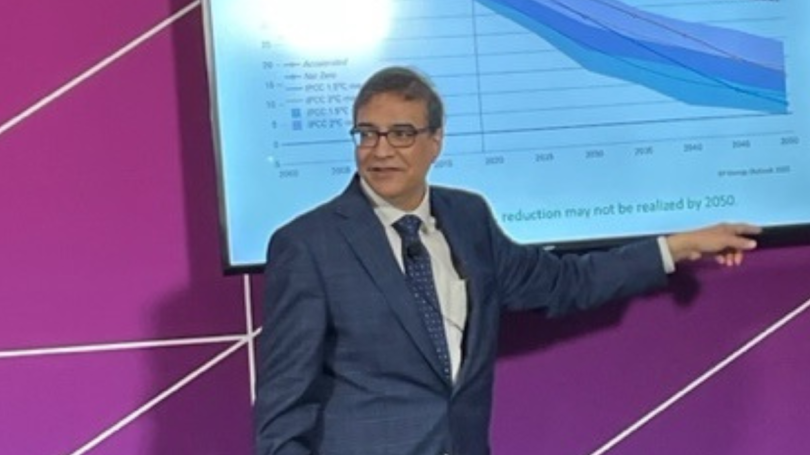
- About
- Education
- Research
- Engagement & Collaboration
- News & Events
Back to Top Nav
Back to Top Nav
Back to Top Nav
Back to Top Nav
Earth Sciences Professor Mukul Sharma recently published an op-ed in the Delhi, India-based Hindustan Times, a publication with a daily readership of 7.9 million, on the promise of carbon removal in helping India meet and exceed its Nationally Determined Contributions as pledged in the Paris Accord.
In the piece, Professor Sharma cites the 2023 Intergovernmental Panel on Climate Change (IPPC) report assessment that because CO2 emissions from fossil fuels have increased almost every year since the 2015 agreement was signed, the world is not on track to keep global warming below the 1.5 degrees Celsius threshold necessary to ensure a livable planet. We need to continue to decarbonize our energy systems, Professor Sharma stresses in the piece, but to meet the 2050 goal of net-zero emissions, we need to augment decarbonization with carbon removal and storage.
Professor Sharma notes that current technologies like Biomass Carbon Removal and Storage and Direct Air Capture and Carbon Sequestration are expensive and hard to scale. More promising, he argues, are solutions that emulate or speed up natural processes— solutions that will not only help reduce warming, but will also improve soil fertility in India.
Professor Sharma notes that Dartmouth is at the forefront of developing these kinds of high-impact carbon-removal strategies. "Our work has shown us the importance of thinking broadly and creatively about possible solutions to slow the relentless rise of atmospheric CO2."